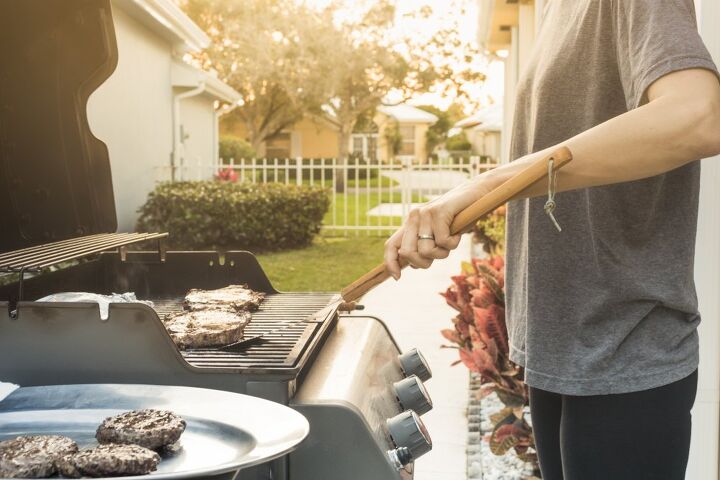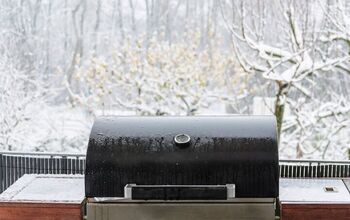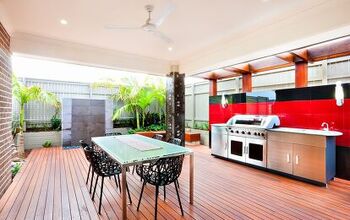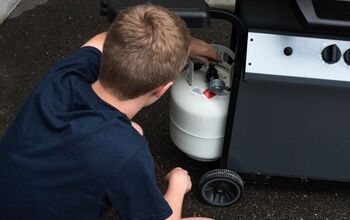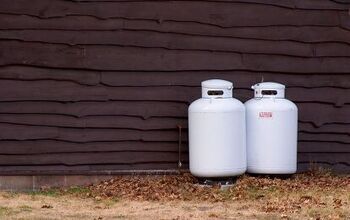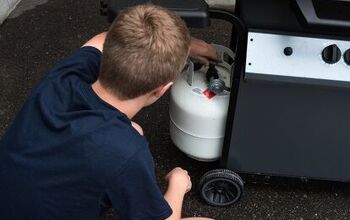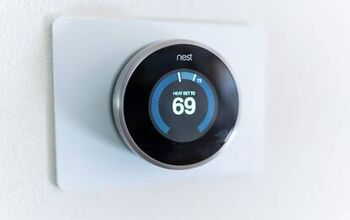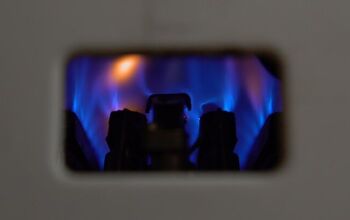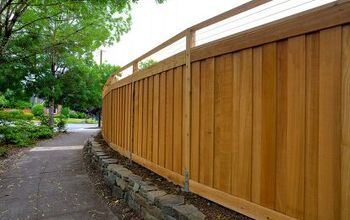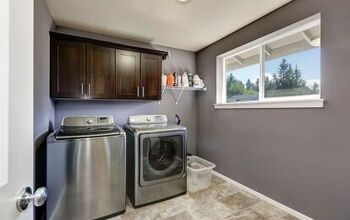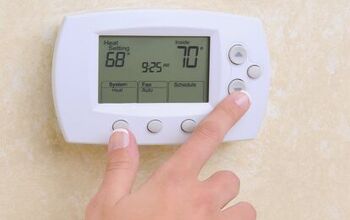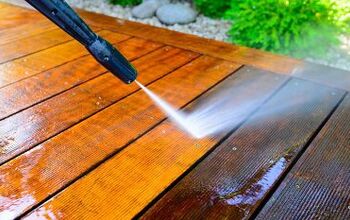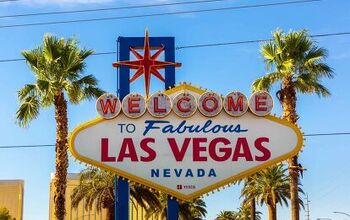Can You Store A Grill In The Garage? (Find Out Now!)

Grills are the ultimate summertime cooking zone. Smelling the BBQ wafting from the grill is basically the “open invitation” to a killer party in the right neighborhood. Of course, this is mostly a summer thing. As in, we don’t usually work with grills in the winter for obvious reasons. Where can you store a grill? Is your garage ok?
Grills can be stored in the garage as long as you do not use them indoors. In fact, it can be beneficial. If you have a propane tank, do not bring the tank in the garage alongside the grill. The tank can cause a gas leak or an explosion.
There are a lot of things that one can do to help extend the lifespan of a grill. Let’s get a dialogue going about this.
Is It Safe To Store A Grill In Your Garage?
For the most part, it’s a smart idea to store a grill in your garage as long as you don’t store propane tanks indoors too. Obviously, using the grill indoors is a bad idea. Indoor grilling will release a very high level of carbon monoxide which can easily kill you and everyone in your home.
Are There Any Benefits To Storing Your Grill Indoors?
There are several benefits that you can enjoy from storing your grill indoors. These include:
- Less Cleanup. Outdoor storage means that you are going to have fallen leaves, critters crawling through the mechanical parts of your grill, and more. We’ve all been there, seen that, and had to give a grill a scrubdown. While indoor storage won’t entirely eliminate cleanup, it does reduce a lot of the grosser parts of the job.
- Less Chance of Theft or Damage. I’m not saying that this is a risk everywhere, but it definitely is a cause for concern in some neighborhoods. If you want to avoid having nosy neighbors stealing a cherished grill, this is a good move.
- Less Rust. Keeping a grill outdoors is a good way to get rust growing on it faster than it normally would. Even if you have a cover, parts might get rusted. Indoor storage protects it from the rain and other problematic issues that add wear and tear to your grill.
Why Can’t You Store Propane Tanks Indoors?
Propane tanks can leak or seep out of the tank. This makes it a serious fire hazard, not to mention a hazard for gas leakage. If a leaky propane tank gets left indoors, it will only take a single errant spark to turn your garage into a blazing inferno.
Believe it or not, propane tanks are actually made to stay outside. They can handle the rough and tumble of the outdoors. It’s okay!
Is It Better To Store Your Grill Indoors Or Outdoors?
If you don’t feel like detaching your propane tank, then the answer is you should keep your grill outdoors, covered, at all times. However, if you need to do long-term storage or are worried about your grill blowing away in a hurricane, indoors is a clear winner. Just, you know, remove the propane tank.
How Can You Safely Store Your Grill Outdoors?
People who don’t have a garage need not worry about being unable to care for a grill. Most people do not wheel their grills indoors once things start to get cold outside. Here’s what you should do if you want to store your grill outdoors:
- Give the grill one last good thorough cleaning for the season. You actually should do this if you want to store it indoors, too. Who wants to have a grody grill when they start grilling again? Let the grill dry before you proceed to step two.
- If you have a gas grill, disconnect the propane tank from the grill. Make sure that your tank is sealed. Disconnecting your tank ensures you don’t run the risk of leaks—or at least minimizes the chance of losing gas if your kids decide to play with the grill in the winter.
- Buy a cover for the grill and cover it. Most major grill companies make their own model-specific covers that help prevent damage. Pick one you like.
- Finally, try to move your grill to a more secure place. Underneath a covered area is good. Same with a gazebo. If you live in a rough neighborhood, you can also use a bike lock to secure your grill.
Related Questions
Is it possible to use a grill indoors?
If you have a countertop grill or a griddle, yes, you can. However, if you are talking about the massive backyard barbecue grills that require coal, wood, or propane, the answer is NO. These types of grills let out a large, quite lethal quantity of carbon monoxide when they are in use.Using an outdoor grill inside is both a fire hazard and a gas inhalation hazard. Trying this can and will kill you—if not seriously harm your lungs and property. (Hello, smoke damage!)
Can propane tanks explode?
Propane is a very volatile chemical that is prone to explosion, which means that tanks always have the potential to explode. Thankfully, the chances of having a propane tank explode are rather minimal. They are built to handle a lot of jostling around and also have plenty of failsafes installed to prevent the chance of a gas leak.Even though propane tanks are designed to conform to a massively high set of safety standards, they can still explode. So, you should always treat them with care.
How cold can it be before your propane grill stops working?
If you want to grill outside in the winter, then you usually can. However, the temperature outside has to be above -44 degrees Fahrenheit. This is the temperature at which propane stops being a gas and starts being a liquid. This leads to fueling problems.If your propane liquifies, then it cannot properly funnel to the spout. This, in turn, means you won’t be able to get a flame capable of heating your food properly.

Ossiana Tepfenhart is an expert writer, focusing on interior design and general home tips. Writing is her life, and it's what she does best. Her interests include art and real estate investments.
More by Ossiana Tepfenhart



